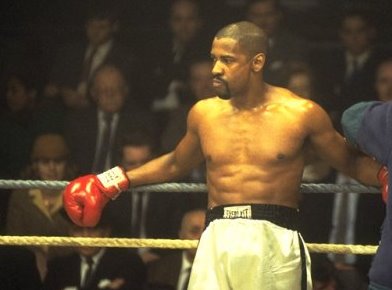(2018) Biographical Documentary (Abramorama) Olympia Dukakis, Louis Zorich, Rocco Sisto, Armistead Maupin, Alan Poul, Edward Asner, Whoopi Goldberg, Michael Dukakis, Austin Pendleton, Laura Linney, Norman Jewison, Lainie Kazan, Diane Ladd, Christina Zorich, Apollo Dukakis, Thomas Kean, Peter Zorich, Lynn Cohen, Stefan Zorich, Alexandra Dukakis, Bonnie Low Kramen . Directed by Harry Mavromichalis
Many casual filmgoers of a certain age group will know Olympia Dukakis only for her Oscar-winning role as Cher’s mother in Moonstruck. Some will remember her for her role as transgender Anna Madrigal in the groundbreaking Tales from the City PBS miniseries back in 1993. Theatergoers in the Northeast and in particular New Jersey may even be aware that she founded her own theater group – the Whole Theater Company in Montclair, NJ back in 1973 – because she was tired of being passed over for roles because of her ethnicity.
This documentary takes a fairly comprehensive look at her career and personal life and the first thing that becomes immediately apparent is that Dukakis embodies the truism “what you see is what you get.” The feistiness, brashness, outspokenness of her film roles are very much part of who Dukakis is offscreen. She is salty, outspoken about her opinions, sometimes crudely expressed (“When you get to a certain age you realize how much you take a good hard prick for granted” she confesses).
Amidst the celebrity testimonials from the likes of Whoopi Goldberg, Laura Linney and Diane Ladd (which are strangely devoid of any personal connection to Dukakis; they could have easily been talking about any other actress), we hear some candid, occasionally vulnerable confessions about her sexuality, her drug abuse, suicidal feelings, her failings as a mother, her sometimes rocky relationship with her own mother. Dukakis is forthcoming but sometimes you get the sense if she wonders she shared too much.
We see Dukakis hard at work, not only practicing her craft but teaching it as well. We also meet her husband Louis Zorich, a fellow actor (who sadly passed away in 2018, shortly before the film first started screening on the festival circuit) who was her better half for a half century. Before that, she says glibly, “I was the queen of one-night stands.”
The movie isn’t edited well, unfortunately. Some sequences seem to be too brief to make an impression, while we see others that extend for a long time without really being very informative at all. We see Dukakis in a grocery store getting recognized by fans but this smacks of being staged, even though I get the sense that Dukakis herself is above such shenanigans.
Dukakis is without doubt an American original. She is entertaining both on and off-screen, and spending time with her is an absolute joy. I just wish the director had given the movie a smoother flow and spent more time letting Dukakis tell her own story, rather than listening to empty testimonials or take part in scenes that don’t add anything to her story. I almost would have preferred a two-hour one-on-one interview with Dukakis and an expert interviewer. That would have been just as entertaining if not more so.
REASONS TO SEE: Dukakis is an American treasure. he
REASONS TO AVOID: Some odd decisions in the editing bay.
FAMILY VALUES: There is profanity, some smoking, a few drug and sexual references as well
TRIVIAL PURSUIT: Former Massachusetts governor and Democratic presidential nominee Michael Dukakis is her cousin.
BEYOND THE THEATERS: Virtual Cinematic Experience
CRITICAL MASS: As of 7/12/20: Rotten Tomatoes: 78% positive reviews, Metacritic: No score yet
COMPARISON SHOPPING: Kaye Ballard: The Show Goes On
FINAL RATING: 6.5/10
NEXT: Battle Angel: Alita



